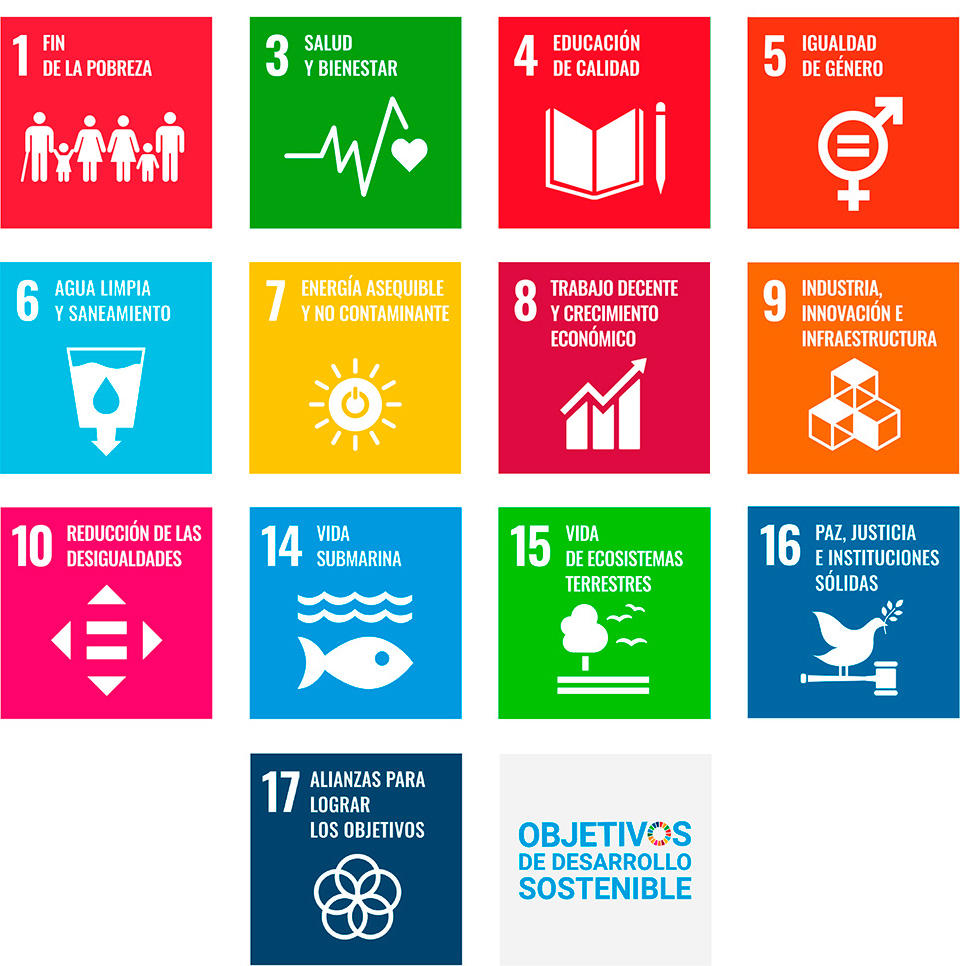

EXKAL has obtained the Certificate CMVP (Certified Measurement & Verification Professional) which supports him as a specialist company in the Measurement and Verification (M & V) of energy efficiency services by the Efficiency Valuation Organization (EVO), renowned international organization.

The QS mark is a seal of quality and safety of food, beverages and other products of Chinese certification. It is managed by the General Administration of Quality Supervision, Inspection and Quarantine (AQSIQ).

After decades of a steady decline, the number of hungry people (as measured by the prevalence of malnutrition) began to slowly rise again in 2015. Current estimates indicate that around 690 million people worldwide suffer from hunger, that is , 8.9 percent of the world’s population, representing an increase of about 10 million people in one year and about 60 million in five years.
The world is not on track to reach zero hunger by 2030. If recent trends continue, the number of people affected by hunger will exceed 840 million people by 2030.
According to the World Food Program, about 135 million people suffer from severe hunger, mainly due to human-caused conflicts, climate change, and economic downturns.
At the same time, 45% of the fruits and vegetables grown around the world go to waste. The amount equates to something like 3.7 billion apples. 30% of cereals, or 763,000 million boxes of pasta, are also wasted, and of the 263 million tons of meat produced worldwide each year, 20% is lost, the equivalent of 75 million cows.
In total, according to figures from the UN Fund for Food and Agriculture (FAO), 1.3 billion tons of food produced for human consumption are lost, a third of the total.
At Exkal we understand that, from our position of collaboration with food distribution companies, we can collaborate in the design and implementation of innovative solutions that allow the reduction of food waste and therefore, and consequently, of existing hunger.
